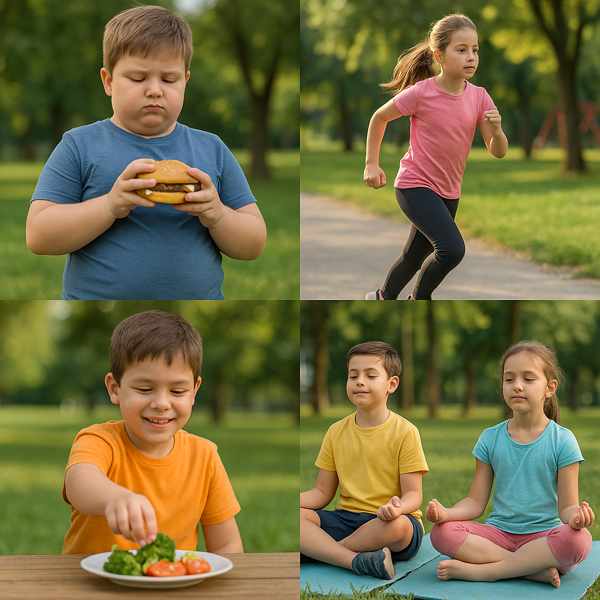A Parent’s Guide to Kids’ Weight Loss
A Parent’s Guide to Kids’ Weight Loss
Blog Article

Childhood obesity is becoming a health crisis in many parts of the world.
Helping children achieve a healthy weight involves supporting their physical and emotional development, not strict dieting or quick fixes.
Causes of Excess Weight in Children
Children may gain weight due to a variety of factors, such as:
- Too much screen time, not enough movement
- Unbalanced diets
- Emotional eating
- Lack of sleep
Addressing the root causes helps create long-term solutions.
Signs Your Child May Need Help
Look for:
- Sudden or steady weight gain
- Could signal health or confidence issues
- May feel self-conscious or tired
- Changes in eating behavior
Always consult a pediatrician before making major changes.
Simple Steps for Long-Term Results
Start with small, sustainable shifts like:
- Avoid processed snacks and takeout
- Adding more fruits and veggies to their plate
- Switching soda for water or milk
- Dancing, biking, playing outdoors
Make changes together so your child feels supported, not singled out.
Get Kids Moving Without Pressure
Ideas include:
- Increases daily steps naturally
- Setting screen time limits
- Builds skills and confidence
- Family fitness challenges
The goal is consistency and enjoyment—not perfection.
Fostering Confidence
Kids need:
- Positive reinforcement
- Weight loss is a side effect of better habits
- Avoid shame and secrecy
- Encouragement to love their body
When kids feel good emotionally, they’re more likely to make healthy choices.
When to Get Professional Help
It may be time how to lose weight as a kid to talk to a specialist if:
- You’re not sure what’s safe or age-appropriate
- Your child expresses negative body image
- Weight gain continues despite healthy changes
- Support makes the journey easier
Final Thoughts
With the right tools, encouragement, and consistency, children can grow up strong and healthy.
Start small, stay kind, and celebrate progress, not perfection. Report this page